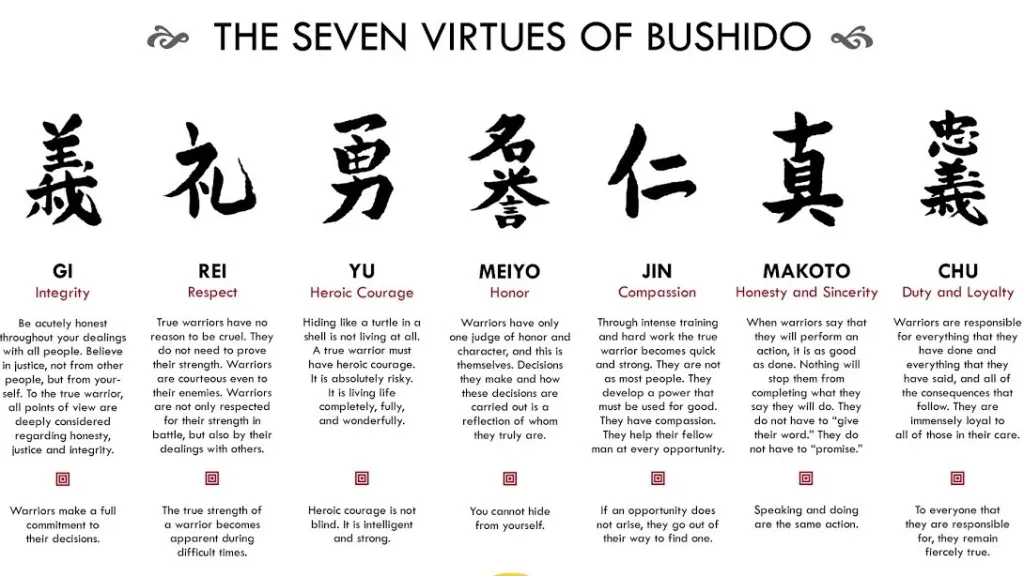Code, Community, Commitment

There is a really interesting opportunity emerging as smart contracts are making it possible to write agreements and rules into self-executing code. Contracts have long been written to solidify agreements between parties that are transacting or partnering with one another. This is a really important component of any functional relationship. Whether we are consciously aware of it or not, we depend on and live by encoded rules. In professional and legal dealings, we write out contracts for large sales, loans, business arrangements, operating agreements, etc. Even our interpersonal relationships abide by cultural rules, social contracts, and spoken agreements.
Words like code, law, and rule are deeply related and sometimes used interchangeably. Most organizations will have a Code of Conduct. Historical groups like Samurais for example, lived by the Bushido, a warrior code of honor. Religious communities like the Benedictines would often have a written rule, and entire societies like ancient Babylon live by laws like The Code of Hammurabi. These laws and codes, while mostly embodied in cultural normalization, are often enforced by threat of shame, punishment, penalty, and in some cases death.
Our ability to write smart contract opens up a world of new possibilities, which is exactly what we aim to explore here. While there are so many potential ways to use carrots instead of sticks to motivate desirable action with smart contracts, those take a lot of imagination and we are still quite conditioned to think in terms of consequences, which will always be the result of breaking contracts. Let’s stick with consequences to illustrate a very simple example of how such an automated contract might work.
Let’s say I need capital and want to borrow from you. I could use a digital asset that I could stake as collateral. Without any third party involved we could both submit our assets to a smart contract which would facilitate our agreement. For instance, if I owned a Bored Ape NFT (which as of this morning has a floor that is over $355K) you might be willing to loan me $75k provided that I stake that asset into our contract. So if we both agree and set the terms (length of loan, repayment schedule, interest rate, etc) then the contract can issue the loan and as long as I abide by my side of the agreement, my asset is safely held in the contract. If, however, I default on the loan and violate my end of the contract, the asset would automatically transfer to your wallet.
While the above example might feel like a bit of a loan shark scenario, it’s a simple use case that clearly illustrates what a smart contract can do. The thing is, these contracts can do this with all kinds of interactions that we are only just beginning to imagine the possibilities for.
Many DAOs are built entirely on such smart contracts which lay out terms of membership, governance protocols, financial commitments, etc. In the same way a religious community might have had certain commitments laid out in their Rule of Life, a DAO can encode commitments into the very constitution (smart contract) upon which they are established. Let's say for example that our community is committed to giving 10% of our revenue to a certain cause, we can write that into the contract and it will happen automatically, without any need for a trusted leader or third party. Maybe we are set up as a business and we decide upon a profit share, we can write a split into the code and it just happens, automatically. This isn’t just convenient, it’s revolutionary.
It’s been said that a budget is a moral document. This seems to obviously be the case as it is a crystal clear declaration of what is valued. Unfortunately, throughout history we have seen example after example of bad actors that manipulate, hide, and steal, even in organizations with the most honorable of budgets. Humans have to be trusted and humans, given the responsibility and authority to execute on behalf of communities, organizations, or nations are often not able to stay true under the seductive temptation of resources and power. Code doesn’t have this problem, it’s not human. Of course, as we saw in the loan illustration above, that means it’s not tempted by compassion either. Again, for better or worse, it’s not human.
With smart contracts we can literally program our ethics and convictions into our contracts. We can create new kinds of organizations and communities. We can experiment with new forms of governance like participatory democracy for example. How might we avoid corruption or mission drift by utilizing such tools in place of centralized authorities, power brokers, and bag holders? Is it possible that we might now be able to create contracts and communities that maintain their creators intent. Might we look to communities of the past that had clear purposes and codes by which they lived and in the best of times, thrived. Might Samurais and monastics offer us an example of the power of communal conviction and long-term commitment to a way of life and an ethos which embodies their very aims.
This is an open question and we would love to hear your ideas. Many of us respond to questions like this the same way we do when a stranger knocks at our door. Some of us are open and excited to what possibilities might come of the encounter while others are skeptical and cautious about the very presence of the Other. The stranger and the future are in many ways the same thing as we do not know what tomorrow holds. Incidentally, one of the communities referenced here, The Benedictines, have this to say about the stranger at our door:
All guests who present themselves are to be welcomed as Christ, for he himself will say: I was a stranger and you welcomed me (Matt 25:35)...
All humility should be shown in addressing a guest on arrival or departure. By a bow of the head or by a complete prostration of the body, Christ is to be adored because he is indeed welcomed in them…
Great care and concern are to be shown in receiving poor people and pilgrims, because in them more particularly Christ is received; our very awe of the rich guarantees them special respect. -The Rule of St. Benedict
The entire Down the Rabbit Hole series is an attempt to introduce you to the Web3 stranger that is knocking at our collective door. The Future that is knocking is a stranger indeed and we are doing our best to make a gradual introduction.
Practice Hospitality.
